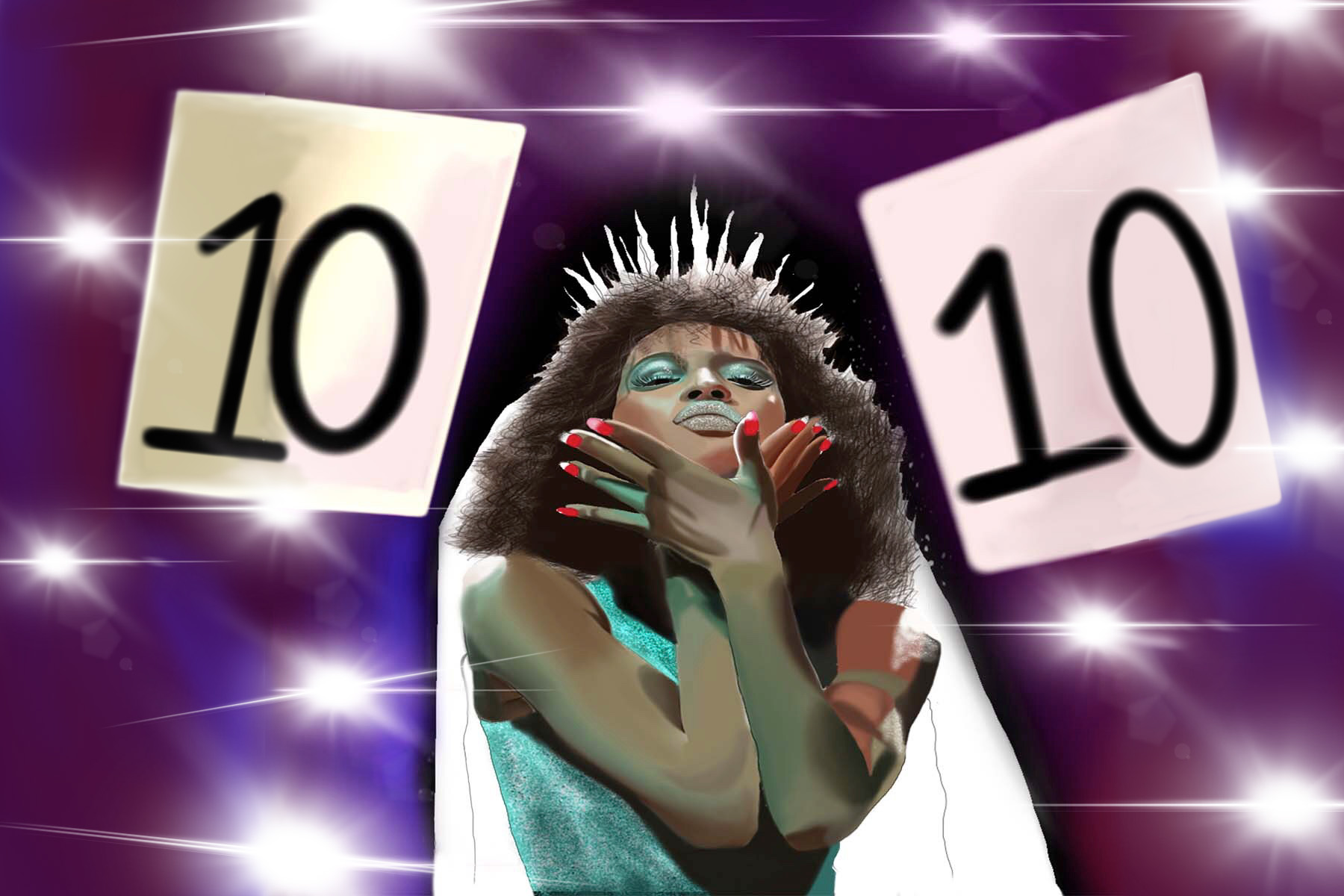Though we still have about a month before nominations for the 71st Emmy Awards are released, predictions have been underway for weeks now. With usual big-time contenders, such as “Stranger Things” and “The Handmaid’s Tale,” out of the drama races this year, many experts are speculating that some smaller shows with less public attention could get their due this year. But there’s one show that isn’t on many of their radars: FX’s latest hit, “Pose.”
Created by Ryan Murphy, Steven Canals and Brad Falchuk, “Pose” is a beautiful portrayal of New York City’s queer and ballroom culture of the 1980s. However, the only nomination that it’s predicted to score is outstanding leading actor in a drama series for Billy Porter.
While this honor is well-deserved, there are many other performances in the masterpiece that are worthy of not only nominations, but wins. If the Television Academy follows the lead that the Golden Globes established back in January, “Pose” could also score an outstanding drama series nomination, but that’s being optimistic.
One of the greatest reasons people have a problem with this is that it is led by a phenomenal cast of trans women and nonbinary people of color. In an industry desperately in need of more representation, it seems astonishing that one of the only more inclusive shows currently on television should just receive nominations for its cisgender actors and producers.
For one, the show’s writing is superb and features Janet Mock, the first trans woman of color hired to write on a TV series, as part of its team. Mock’s expertise makes the show more than entertaining; it is relatable in its telling from the perspective of someone who has experienced the same struggles as the characters.
Relatability is often overlooked in showbiz, but it is vitally important to let queer people of color tell their own stories. By doing so with such delicate care and attention, “Pose” adds to the list of what makes it a multi-faceted Emmy contender. So why isn’t it predicted to get a nomination on this front? Or perhaps an even better question, why isn’t it predicted to get any acting nominations for its women?
The show’s star, M.J. Rodriguez (Blanca Evangelista), is the heart and soul of the series. If there’s one person who deserves a nomination for outstanding leading actress in a drama series, it’s her.
Then there are Indya Moore (Angel Evangelista) and Dominique Jackson (Elektra Abundance), whose fantastic performances would make their names fit right in with the others in contention for the outstanding supporting actress in a drama series category. Considering that the only transgender person nominated in an acting category before was Laverne Cox, for “Orange is the New Black,” the idea of the phenomenal achievements of these three trans women of color going unsung should leave a bad taste in the public’s mouth.
https://www.instagram.com/p/ByNziR2FVHX/
If you’re wondering why this kind of recognition for the queer community is so important, look no further than “Pose” itself. As explained before, the show follows the ups and downs of ballroom culture. And no, that does not mean ballroom dancing.
The balls, as they are referred to, consist of exaggerated performances, sort of like runway modeling. During these performances, the contestants are rated against each other in categories ranging from royalty to business chic. Usually walked by trans women and gay men, each category can be divided into face, body or “voguing” (a sort of dance that consists of lots of posing) competitions in which judges critique their outfit, looks, skills, attitude and “realness.” The ultimate goal? To win trophies for your house.
Houses are the center of ball culture. As portrayed in the show, your house is who you compete with, who takes care of you and often who you live with. Houses were and are like another family for these performers, who were often kicked out of their first families.
In the ballroom world, nothing compares to the glory of building your own “legendary house” from the ground up, as Blanca decides to do in Season 1. When you are excluded from every other part of the world, the only recognition you can hope for is within your own community.
For example, a conversation between Blanca and Damon in Season 1 underscores the importance of this community. “Balls are a gathering of people who are not welcome to gather anywhere else, a celebration of a life that the rest of the world does not deem worthy of celebrating,” Blanca explains, “and in our community, the glory of your name is everything. And we’re not gonna be walking the red carpets at the Oscars, but this is our moment to become a star.”
With a story that’s all about gaining recognition at the highest level one could at a time when it was so limited, it seems only fitting for “Pose” to get the highest level of recognition it can, now that that level is (in theory) as high as everyone else’s. Even if “Pose” isn’t the Oscars, surely the Emmys are the next best thing.
If you’re still not convinced, you just need to see the show for yourself. It is a fun, exciting, heart-wrenchingly tragic tale that deals with almost every aspect of queer life in the ’80s, from relationships and identity to homophobia and transphobia to HIV and AIDS.
Showrunner Ryan Murphy, who identifies as gay, is responsible for many critically acclaimed series with queer plots and subplots, including “Glee,” “American Horror Story” and “Scream Queens.” However, “Pose” looks to be what will cement him into history as a legend. It is his greatest work to date and an authentic look at ballroom culture, thanks to extensive research and his black, Latino and queer cowriters and coproducers. No other show on television right now can quite compare.
















